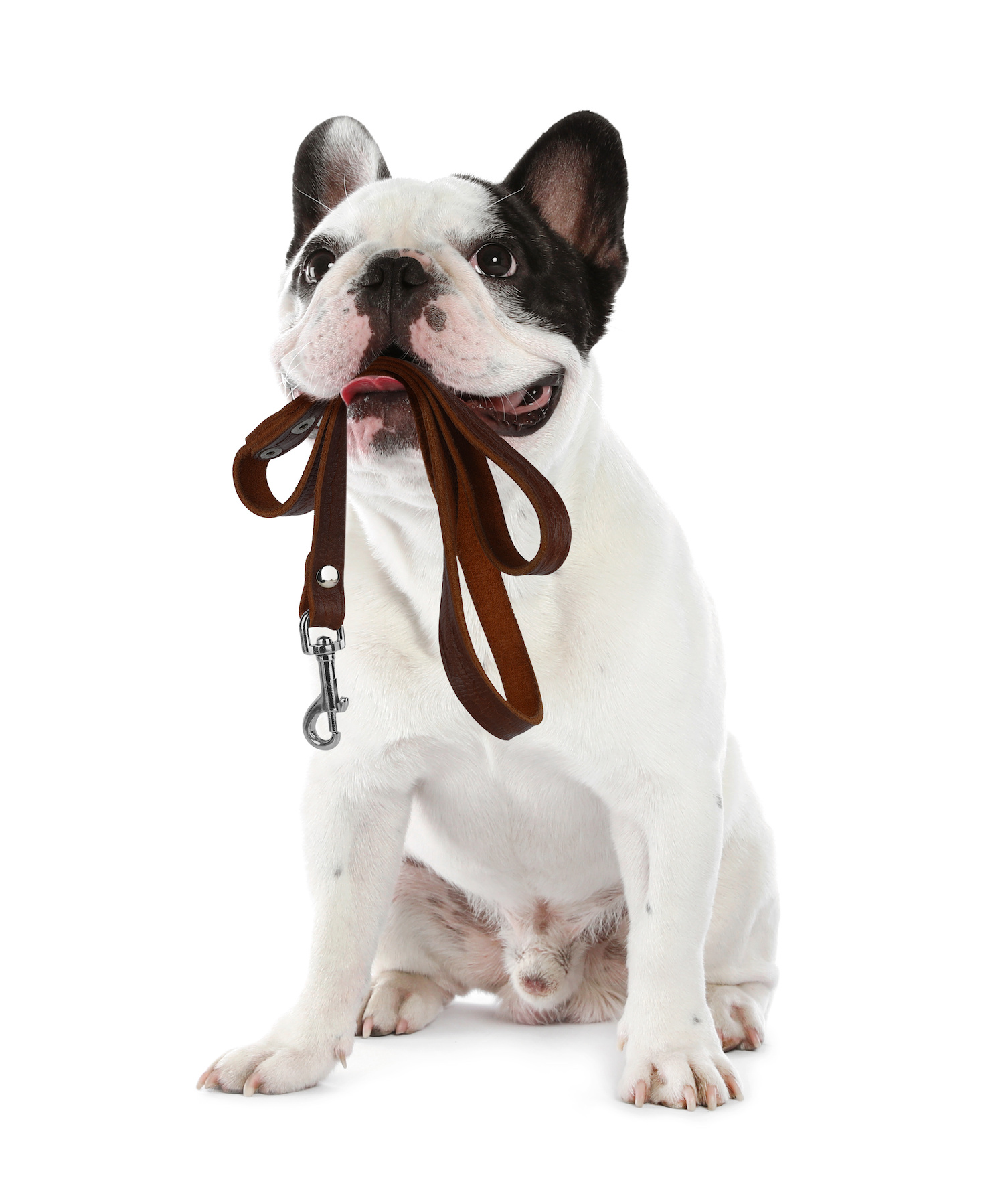- lmplovemypuppy
- June30,2023
- 728
- 0
As a proud owner of a new puppy, you may be wondering when is the best time to start training your furry bundle of joy. Puppy training is a crucial step in shaping their behavior and ensuring they grow into well-mannered and obedient dogs. So, what is the best age to start puppy training? Let’s explore this topic and provide you with some valuable insights.
What Is the Best Age to Start Puppy Training? Here’s the Scoop!
The Early Stages: Socialization
The best time to start training your puppy is during its early stages of development, which typically begin around 8 weeks of age. During this time, your puppy is highly receptive to learning and exploring their surroundings. Focus on socialization exercises, introducing your puppy to new experiences, people, animals, and environments. This helps them develop confidence, adaptability, and positive behavior patterns.
Basic Commands: 8 to 12 Weeks
Between 8 to 12 weeks of age, your puppy’s brain is rapidly developing, and they are eager to learn. This is an ideal time to introduce basic commands like, “Sit,” “Stay,” and “Come.” Keep training sessions short, fun, and positive, using rewards and praise to reinforce good behavior. Remember to be patient and consistent, as your puppy is still young and may have a shorter attention span.
Continued Puppy Training: 3 to 6 Months
As your pup enters the 3- to 6-month stage, their physical and mental capabilities continue to grow. This is the perfect time to build upon the foundation of basic commands and expand their training. Focus on leash walking, proper social behavior, and more advanced commands like, “Lie down,” and “Leave it.” Incorporate regular training sessions into your daily routine to reinforce good behavior and further develop their skills.
Adolescent Challenges: 6 to 12 Months
During the adolescent phase, which occurs between 6 to 12 months of age, they may exhibit some challenging behaviors. This is a crucial time to reinforce previous training and address any issues that may arise. Patience and consistency are key as your puppy goes through this transitional phase. Stay committed to training, and provide positive reinforcement to help them navigate this period successfully.
Lifelong Learning: Ongoing Pet Training
Puppy training should be viewed as an ongoing process that continues throughout your dog’s life. While the early stages lay the foundation, it’s important to continue training and reinforcing good behavior as your puppy grows into an adult dog. Regular training sessions, mental stimulation, and positive reinforcement will keep your dog’s skills sharp and their behavior in check.
Remember, every puppy is unique, and training timelines may vary. It’s important to be patient and consistent, and to adapt your training approach to suit your puppy’s individual needs. If you’re unsure about where to begin or need guidance along the way, consider enrolling in a puppy training class or seeking professional assistance.
Learn More About Training and Find Your Next Puppy Here at Love My Puppy!
Start your puppy training off right with toys, treats, and more from Love My Puppy. If you’re ready to give a new pup a home, shop our selection of exceptional pets ready to find their fur-ever home! Stop in to our Boca Raton shop today to find the perfect puppy for you!



